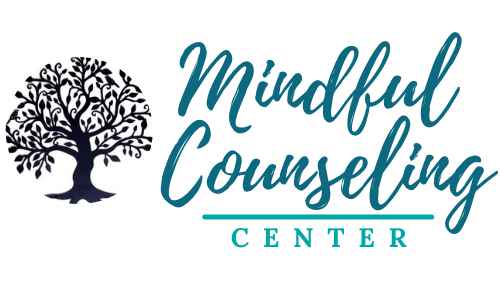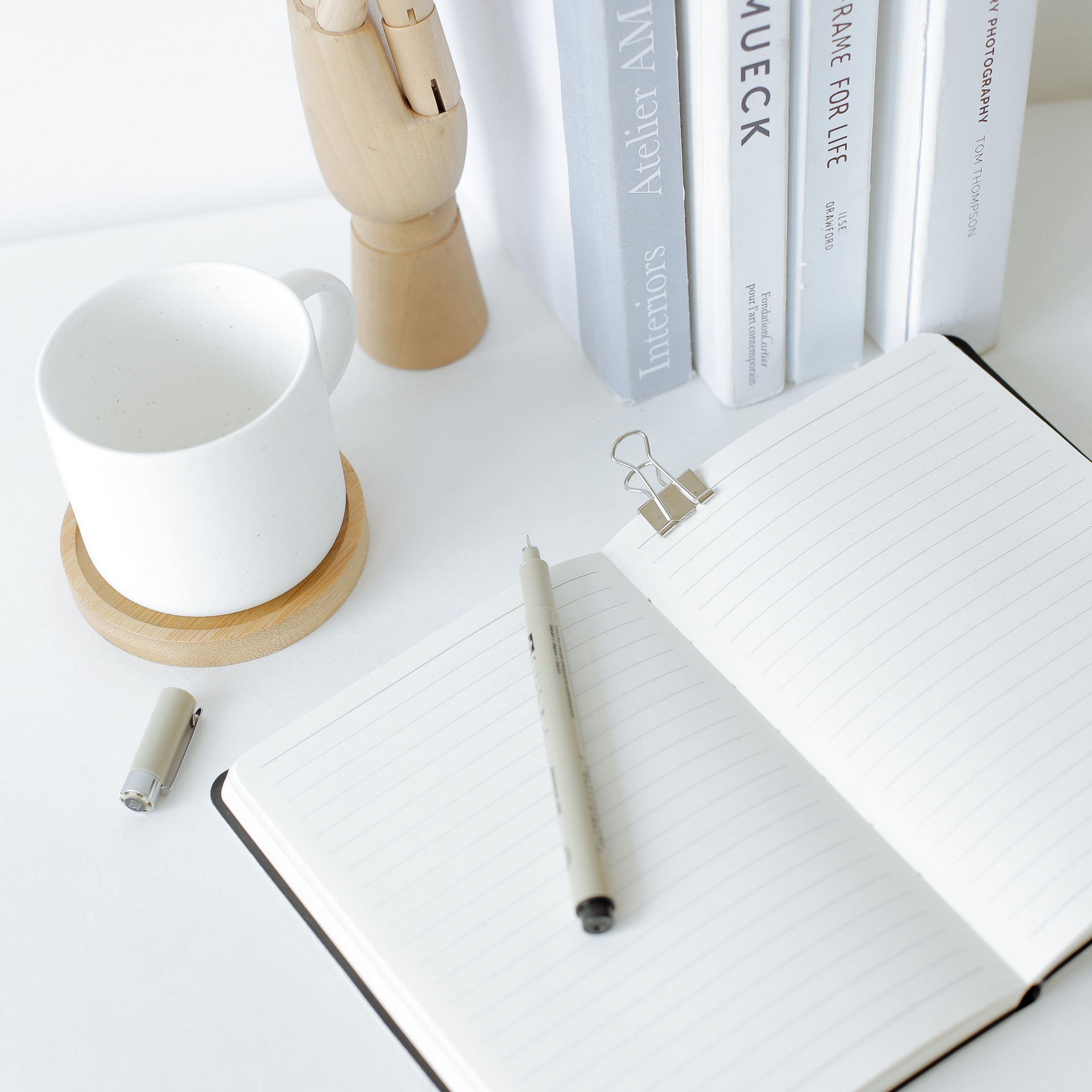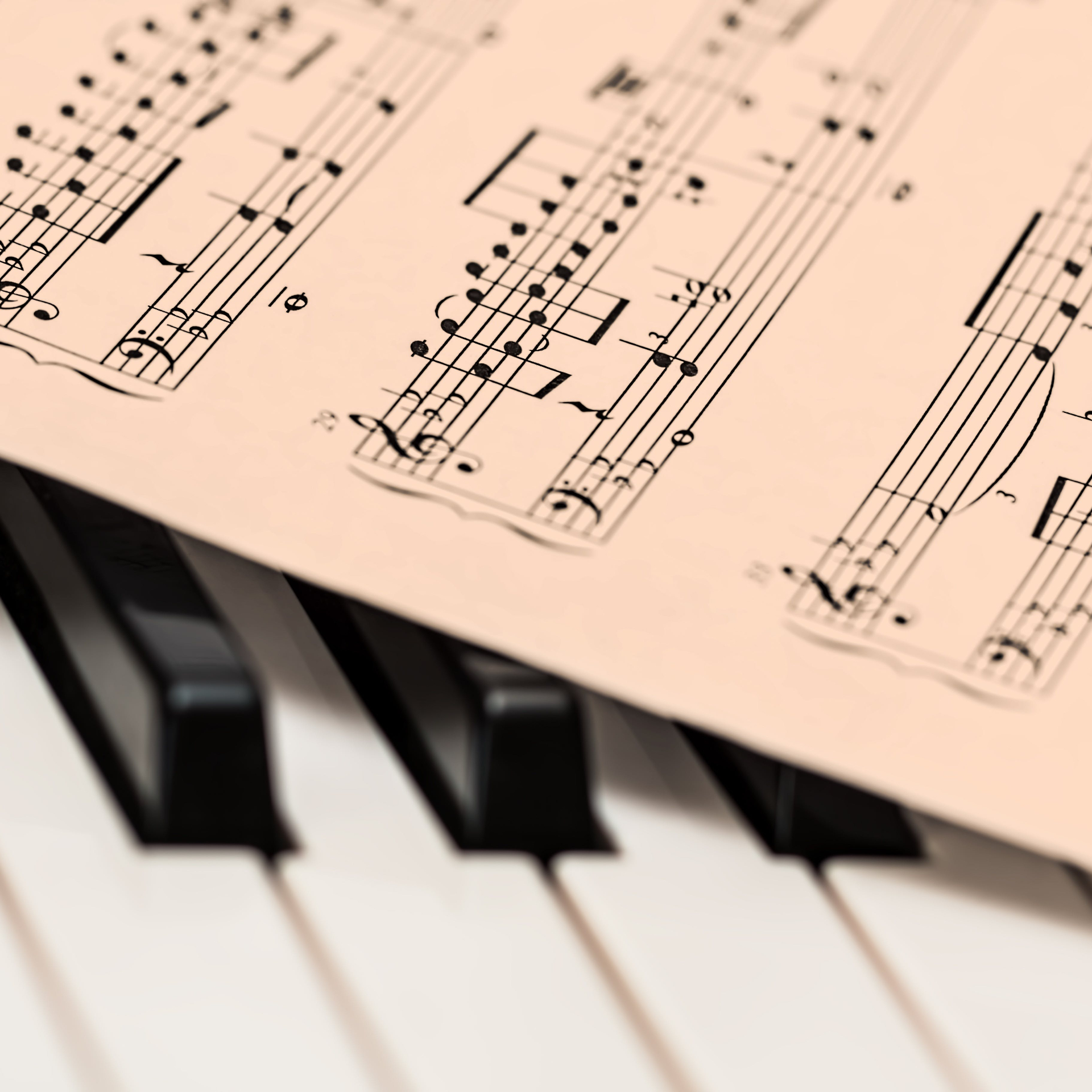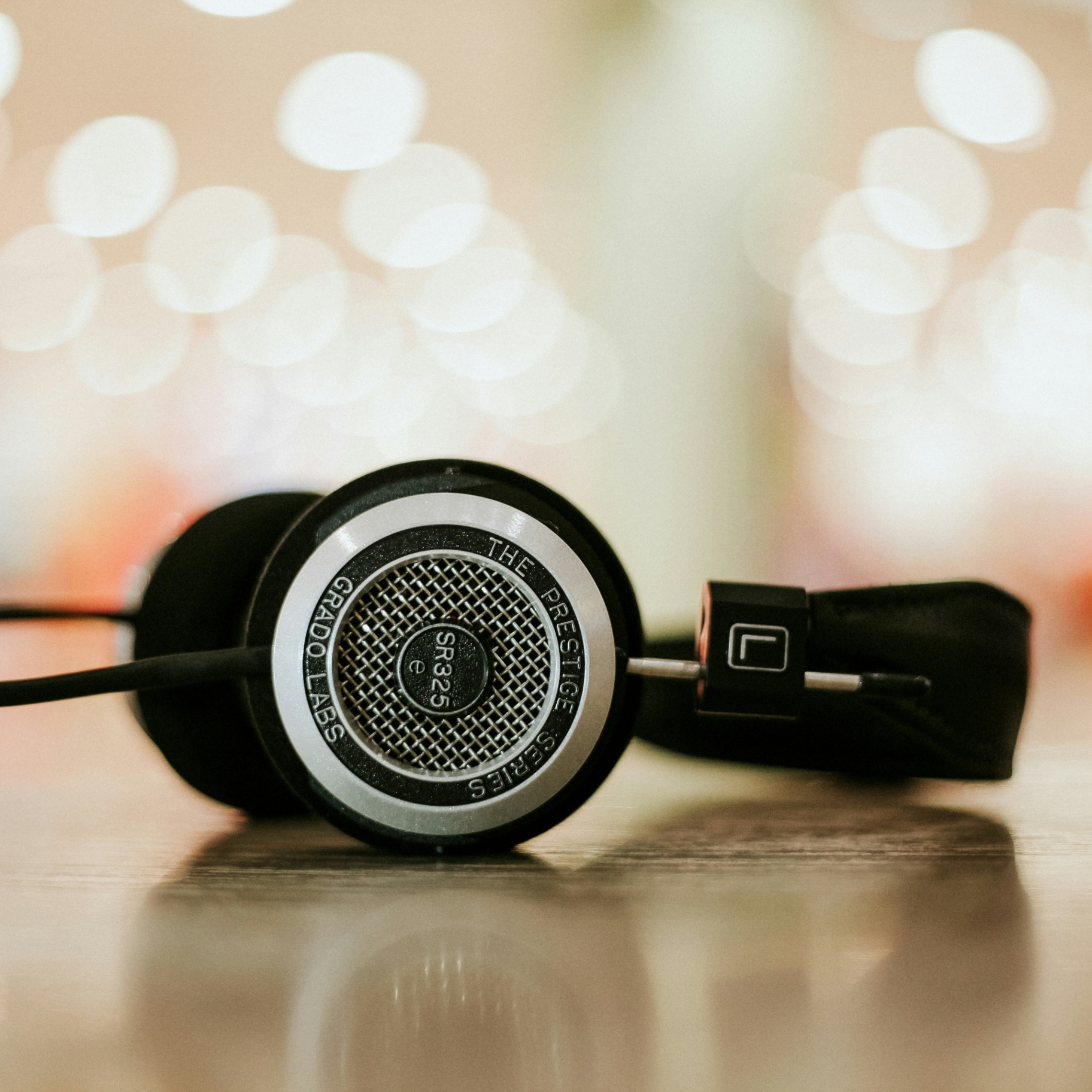Music for Self-Care
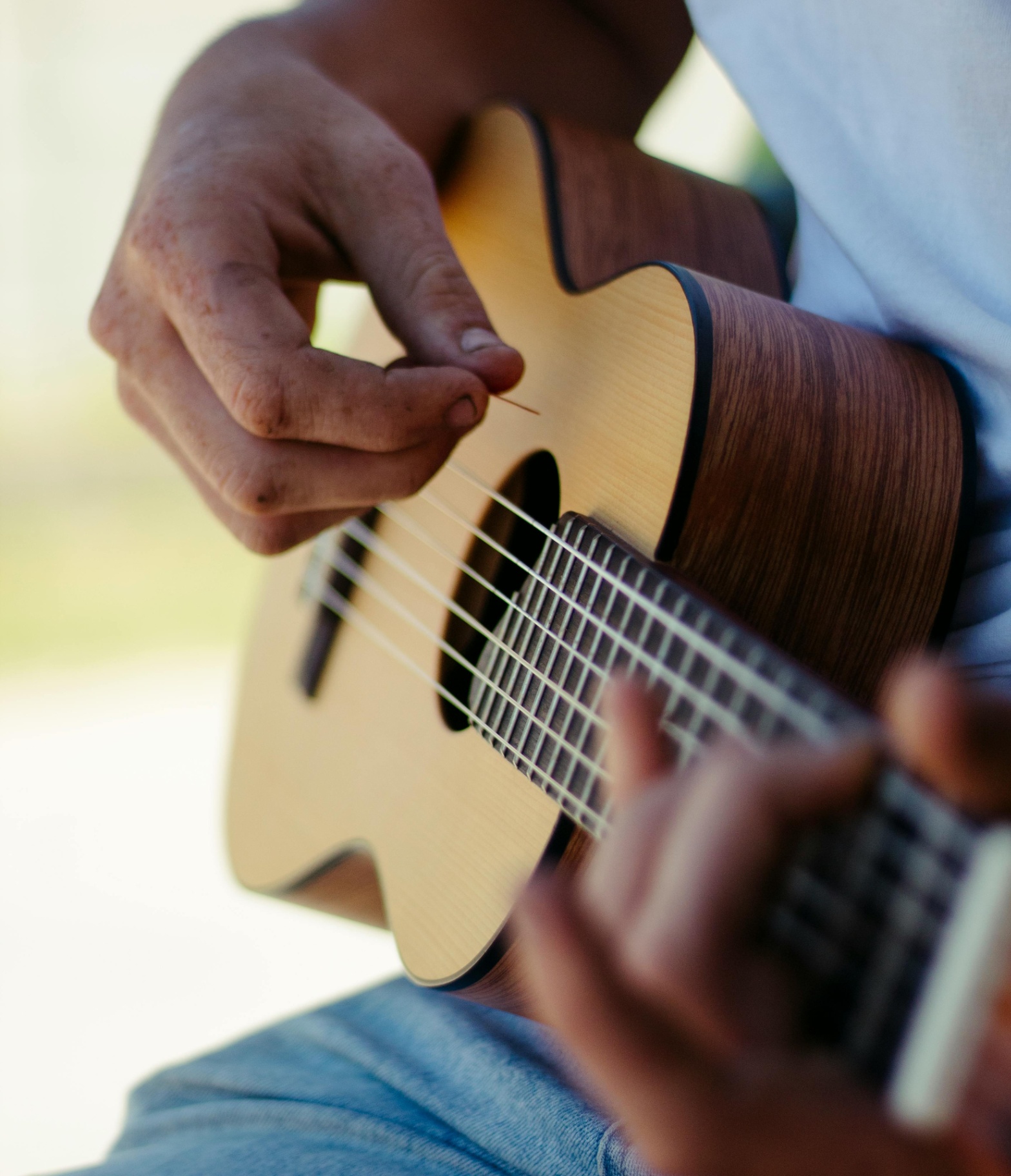 Music is so versatile as a self-care tool.
Music is so versatile as a self-care tool.
- You can create music in your mind, with your voice and/or with various musical instruments and other implements.
- You can write musical compositions.
- You can listen to music. Even if you have significant hearing loss, you may still be able to feel musical vibrations.
- You can share music with others. You might even create social bonds with certain individuals who share your musical preferences/passions.
- You can move to music, whether ever so slightly or with your whole being. Even if your mobility is limited, you still may be able to bring music together with some body movement (e.g., moving your head or hands).
- You can make and listen to music, and move to its beat, by yourself and/or with others.
Several online sources (Children’s Hospital New Orleans, Incadence and Modulations Therapies) offer ideas on using music for self-care. Here are a few:
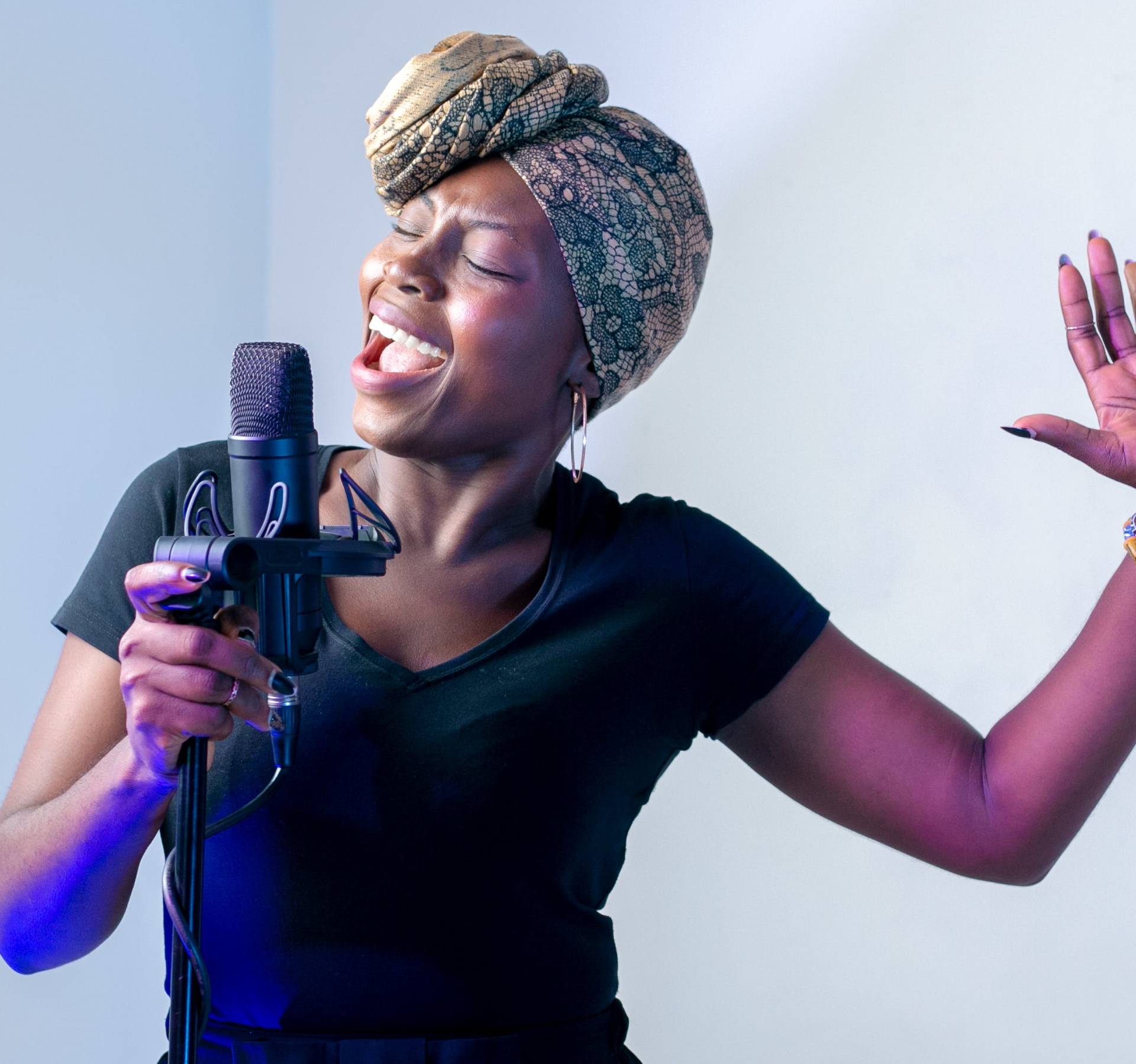 Listen to songs that have a positive association or trigger warm memories for you, as they can significantly improve mood.
Listen to songs that have a positive association or trigger warm memories for you, as they can significantly improve mood.- Find a song or lyric that resonates with you and use it as your personal anthem. When you are experiencing negative thoughts or emotions, say or sing these words to yourself as a reminder.
- Similarly, create a refuge through music. The idea is to practice closing your eyes, shutting out the world and entering a different awareness realm for a short while. Select one or two songs to listen to when in this realm. Over time, the songs will cue your body and mind that it is time to relax and seek mental refuge.
- Sing your favorite song in the shower, belting it out as loud as you want.
- To help feel more centered and less stressed, take a moment to close your eyes and hum for 30 to 45 seconds.
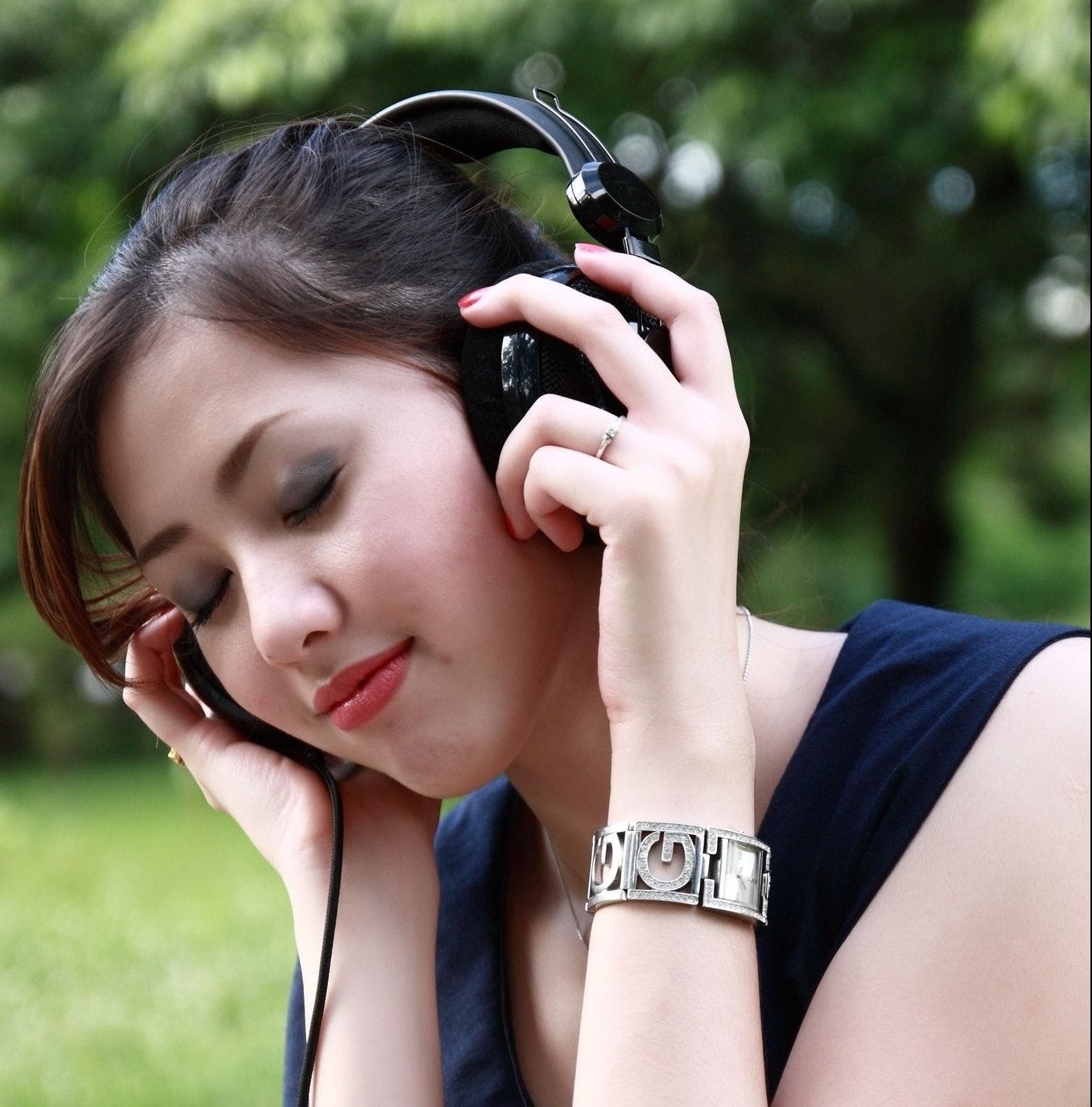 Similarly, try patting/tapping/clapping a steady rhythm on your body for a few minutes.
Similarly, try patting/tapping/clapping a steady rhythm on your body for a few minutes.- Enjoy exercising/other movement with music. Try pairing the movement with listening to your favorite upbeat songs. Not only will you feel better, but your workout/activity will also feel easier.
- Create playlists of your favorite songs, to suit different purposes (for quick movement, to relax, to perk you up when you are feeling down or tired, etc.). Then listen to them frequently and share them with friends.
- Find new ways to make music! If you don’t already have a musical outlet, find one. Is there is a drum circle or community choir in your area? Do you have a tambourine that you could shake during your exercise routine? Maybe you have an old keyboard or guitar hidden in the back of your closet. Maybe you just need to remind yourself to put on your favorite songs and sing with your kids or friends in the car. Or perhaps it’s time for to invite your family and friends over for that dance party and listen to music that brings back fun memories.
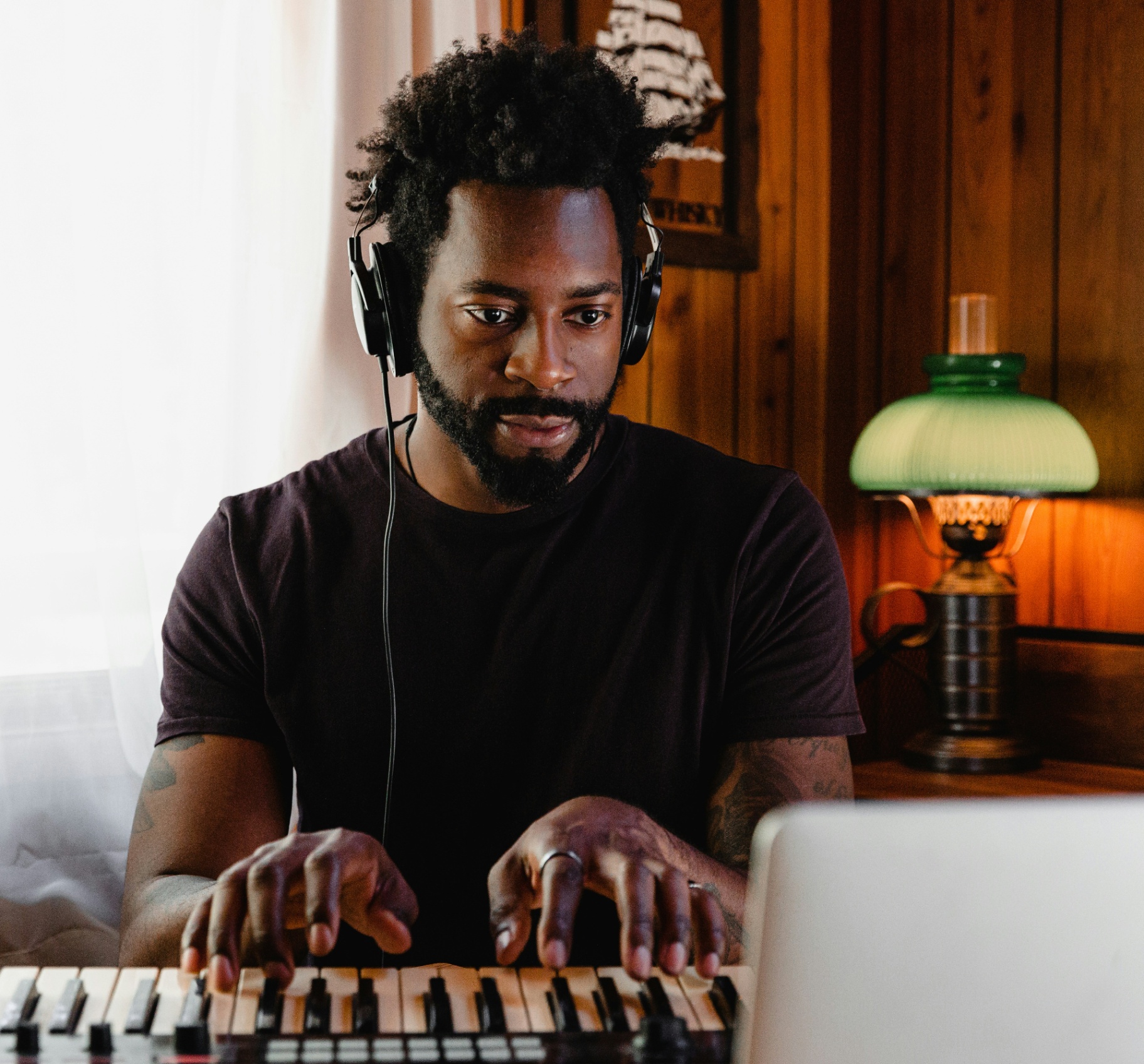 Attend events featuring music (a play, a concert, an opera, a setting featuring local musical artists, karaoke, etc.). Take time to appreciate others making music and be awed by their efforts.
Attend events featuring music (a play, a concert, an opera, a setting featuring local musical artists, karaoke, etc.). Take time to appreciate others making music and be awed by their efforts.
It might help to journal about ways you are already using music for self-care. Then, if you think you could benefit from more music in your life, identify a few ways you want to expand your music intake. The more intentional, specific and realistic your plans, the more likely they will happen and you will benefit from them.
Sources
https://www.chnola.org/news-blog/2023/april/world-music-therapy-week-how-to-incorporate-musi/
https://www.incadence.org/post/how-to-incorporate-music-into-your-self-care-routine
https://www.modulationstherapies.com/post/music-for-self-care-10-ways-to-reduce-stress-in-2019
Other resources: https://www.mghclaycenter.org/parenting-concerns/families/the-power-of-music-to-feel-heal-and-connect/.
https://www.earthquakerdevices.com/blog-posts/creative-self-care-for-musicians.
There are studies out there that speak to the positive impact of music on the body and mind. For example, see this article, https://neurosciencenews.com/music-emotion-body-25543/.
Please note: The information about music for self-care on this webpage and the links to prompts/tools below are designed to supplement psychotherapy and as an invitation to benefit from expressing oneself creatively.. The Mindful Counseling Center does not offer music therapy.
